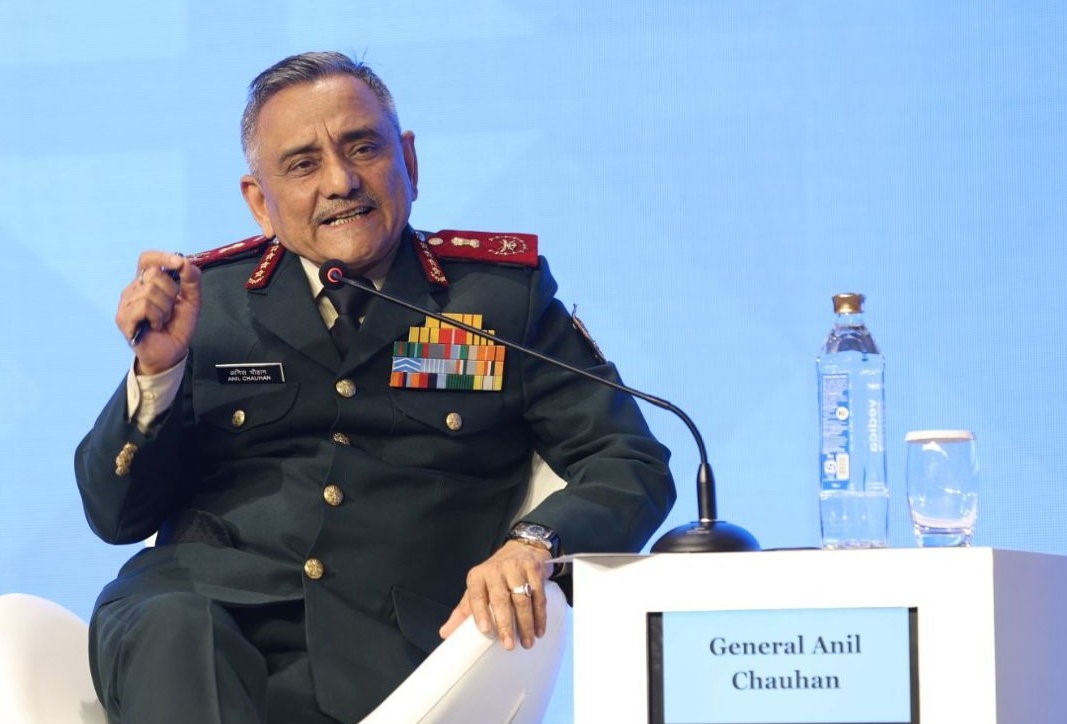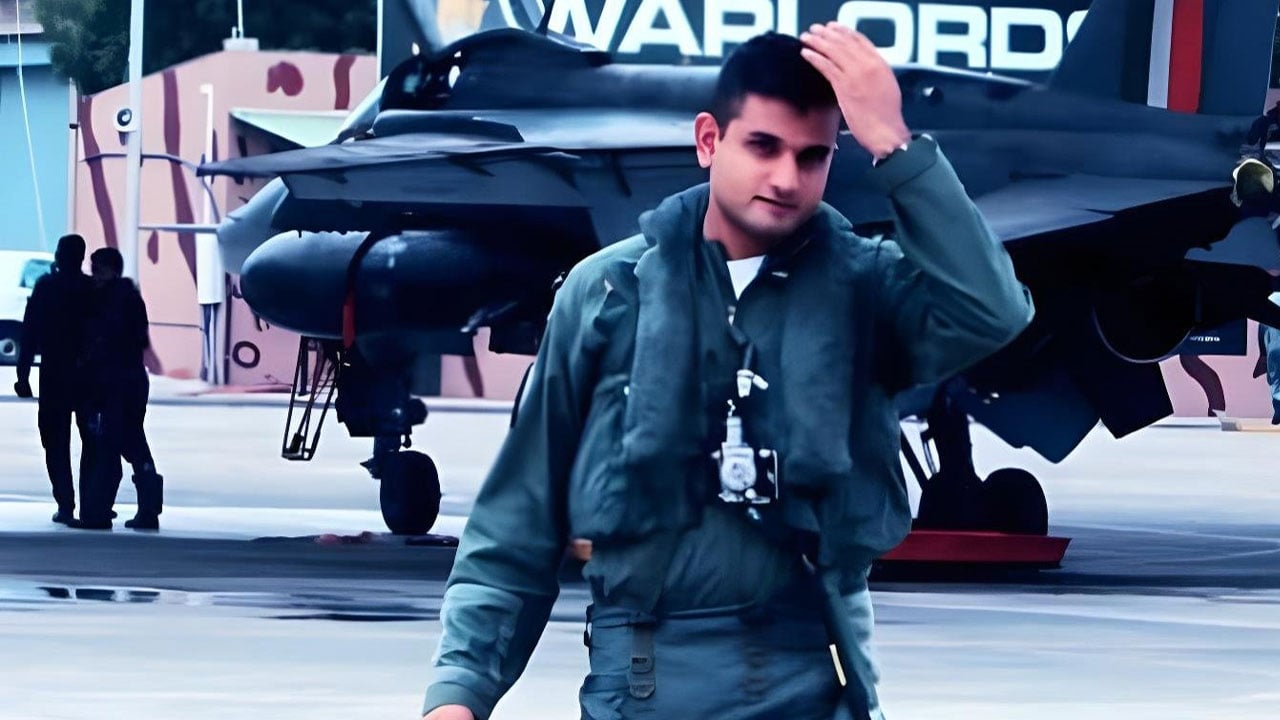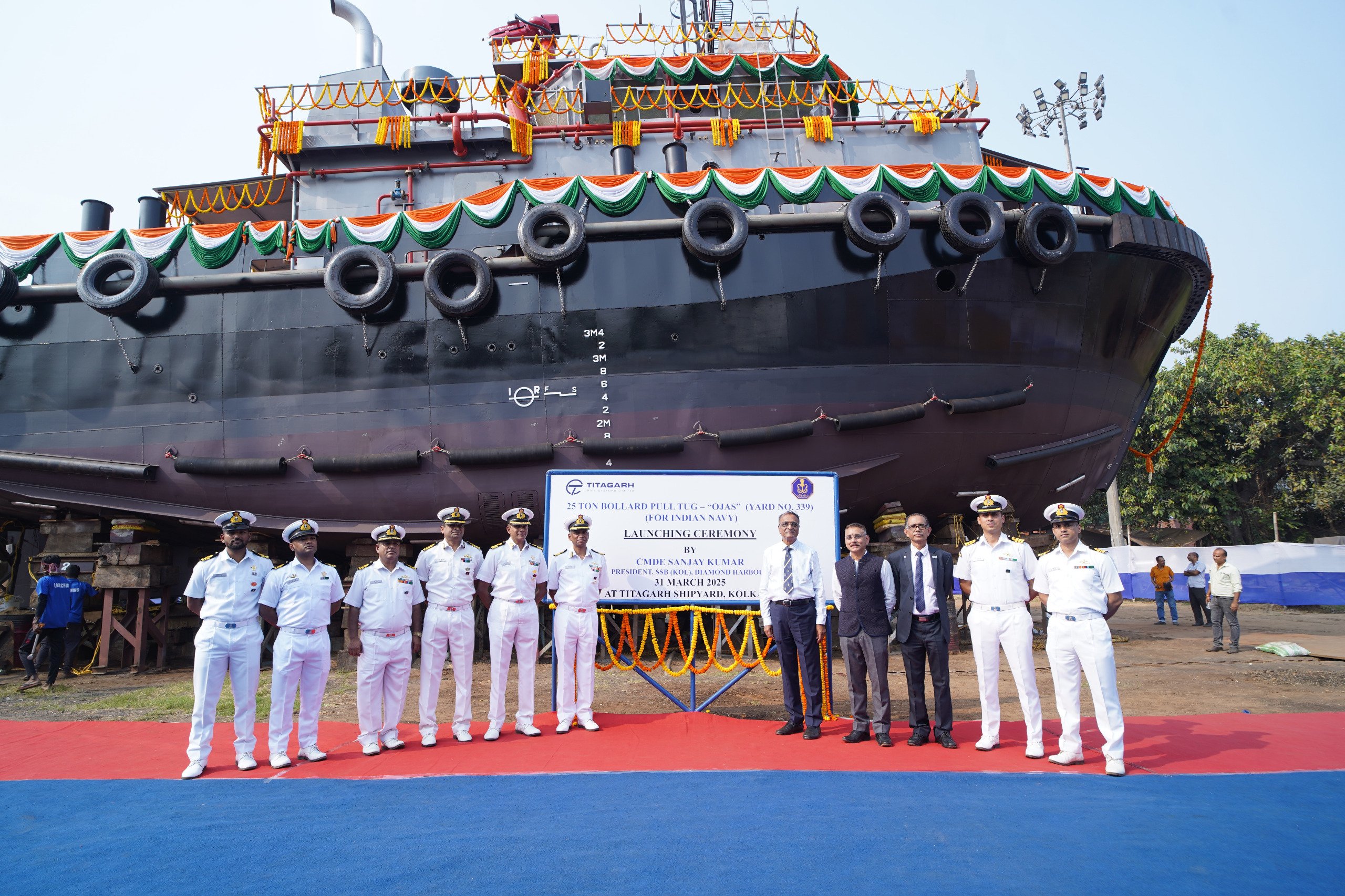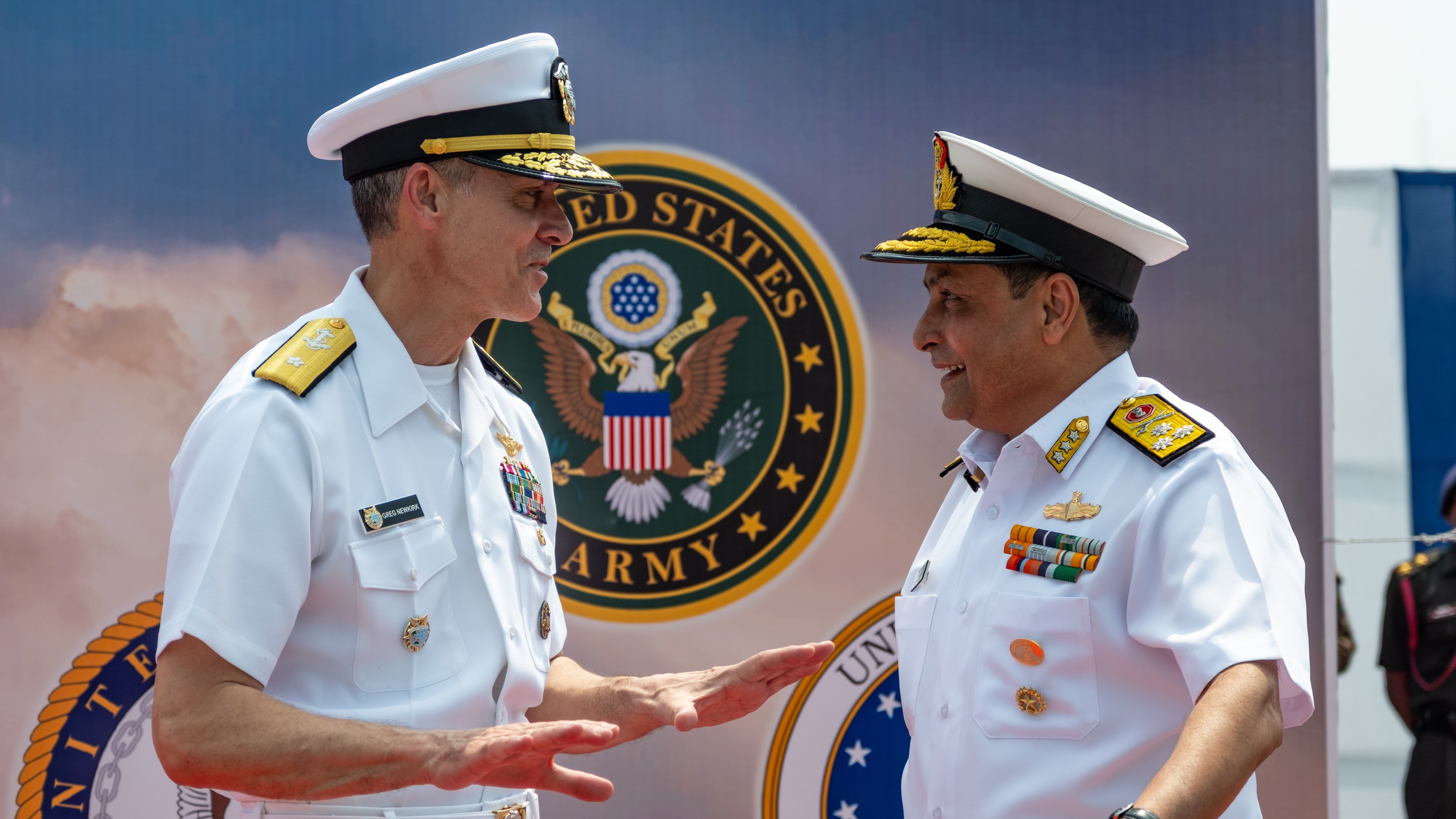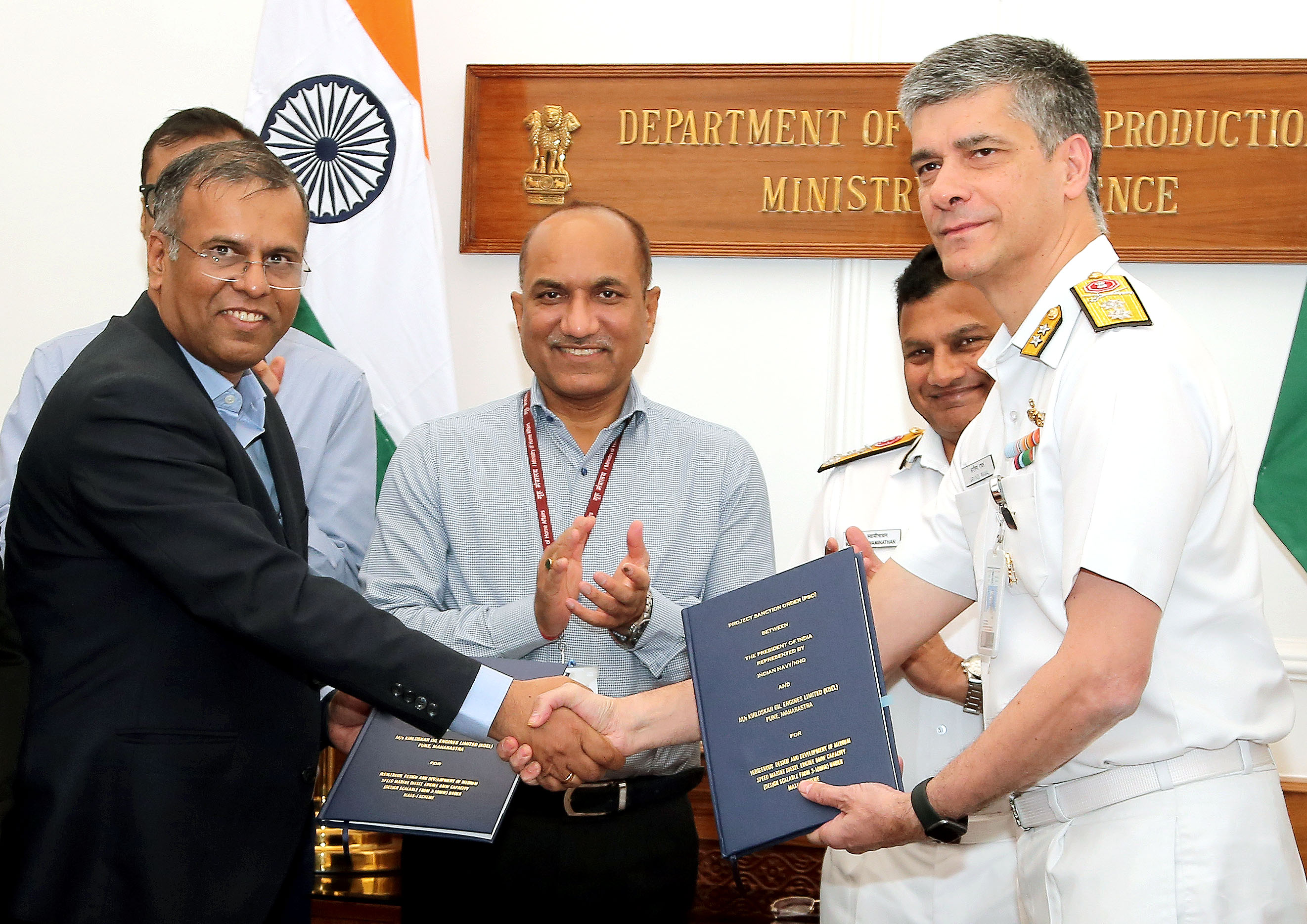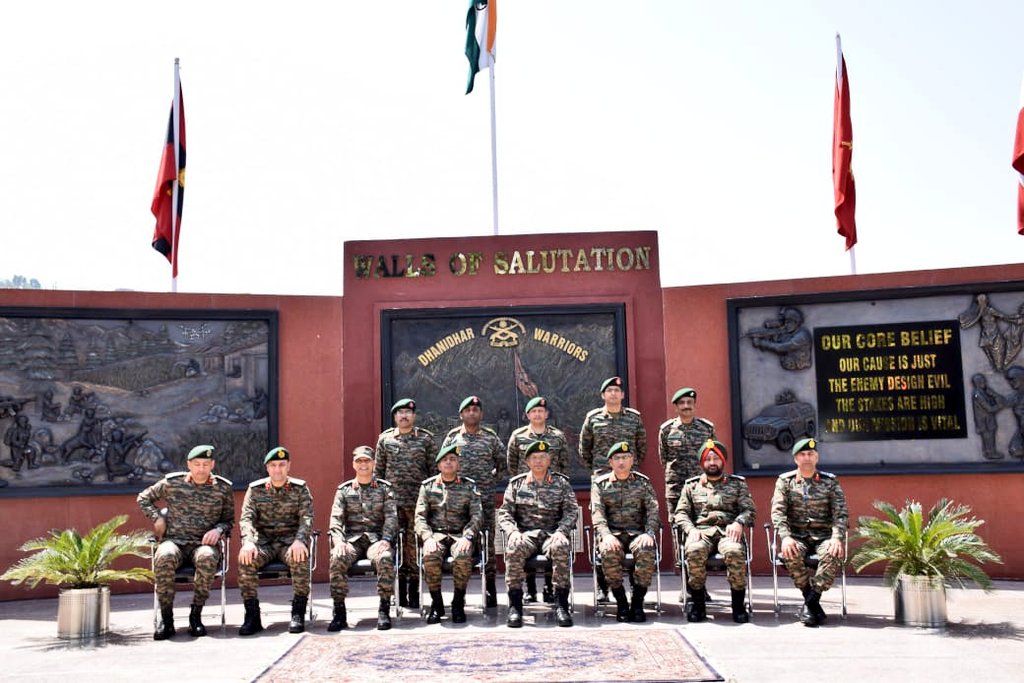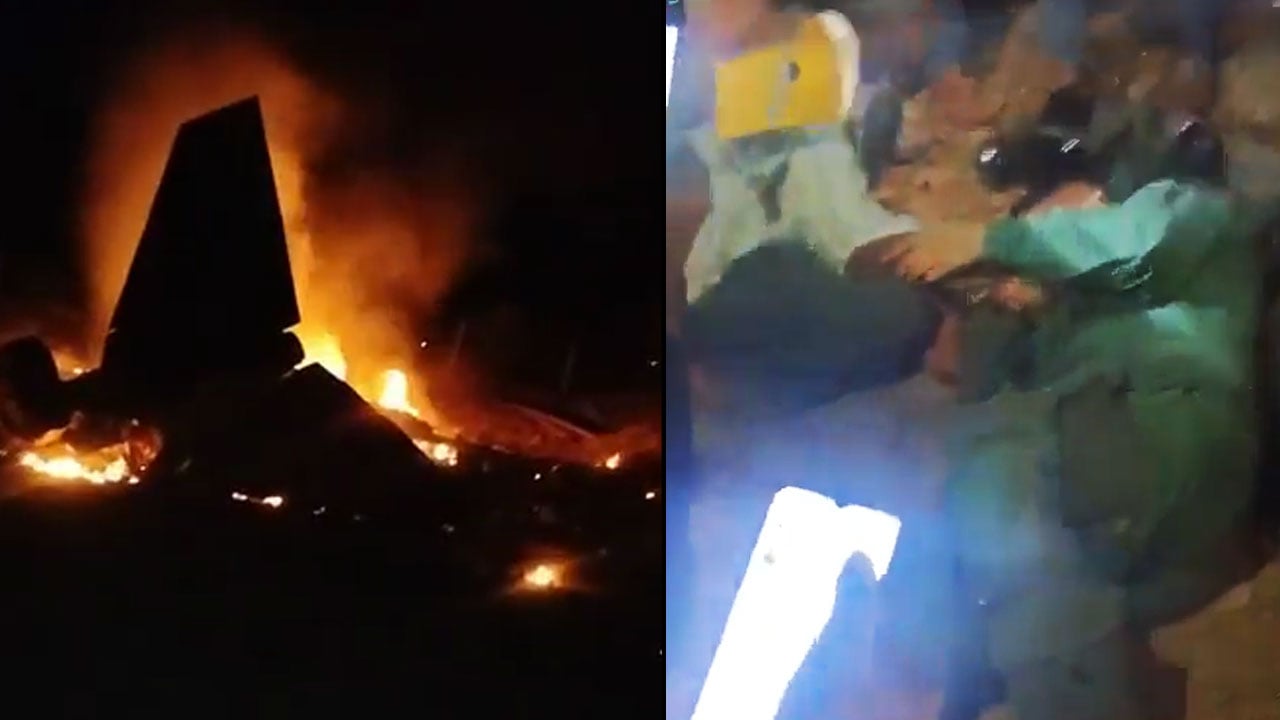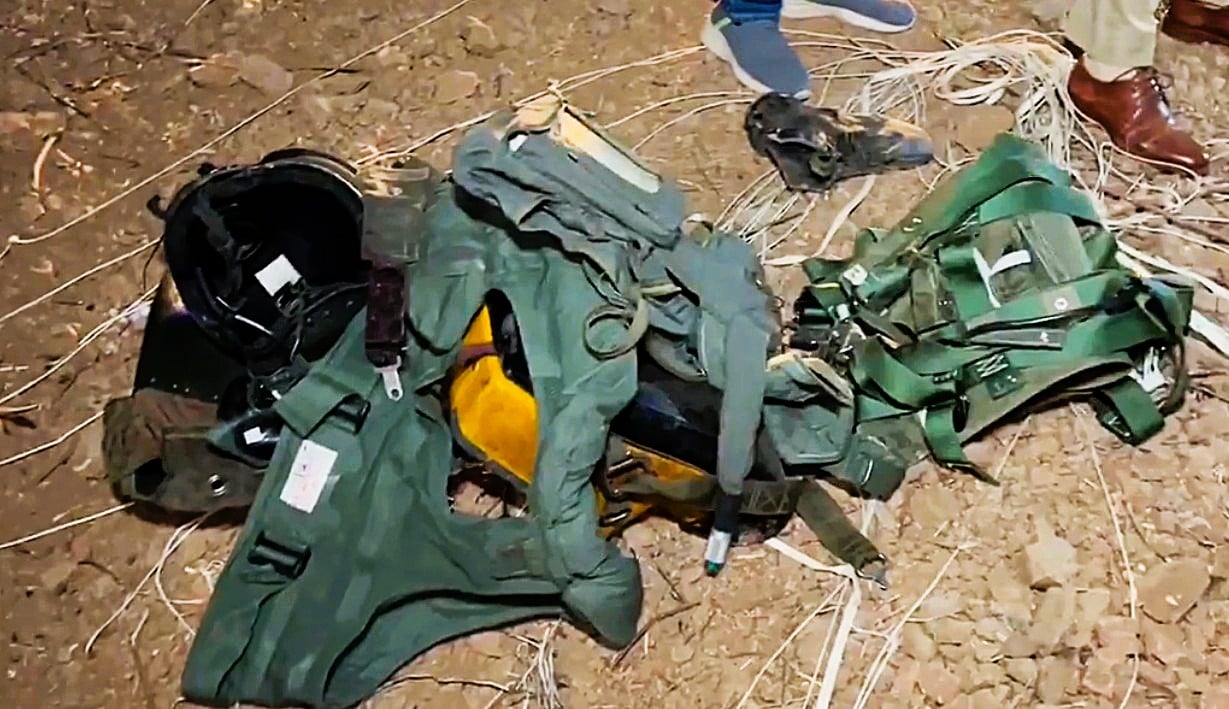Chief of Defence Staff (CDS) General Anil Chauhan offered intriguing insights into the contrasting perspectives on warfare between the West and the East during a panel discussion on the final day of the Raisina Dialogue 2024. He delineated that while the West tends to favor ‘direct military action’, the Eastern perspective, notably Chinese, leans towards ‘timely military action’.
In his address, Gen. Chauhan expounded on the distinction between Western and Eastern constructs of warfare.
He articulated that while Western military strategy often emphasizes achieving outright victory, the Eastern approach, particularly the Chinese construct, prioritizes strategic positioning and timing over decisive triumph.
This, he described as the essence of an ‘Oriental’ construct, where military actions are more geared towards establishing strategic dominance rather than conventional victory.
Moreover, Gen. Chauhan delved into the concept of grey zone warfare, characterizing it as a multifaceted challenge that operates beneath the threshold of traditional armed conflict.
Grey zone warfare, he explained, encompasses a spectrum of unconventional tactics and strategies that often stem from historical disputes and require nuanced responses ranging from legal warfare to long-term preparedness.
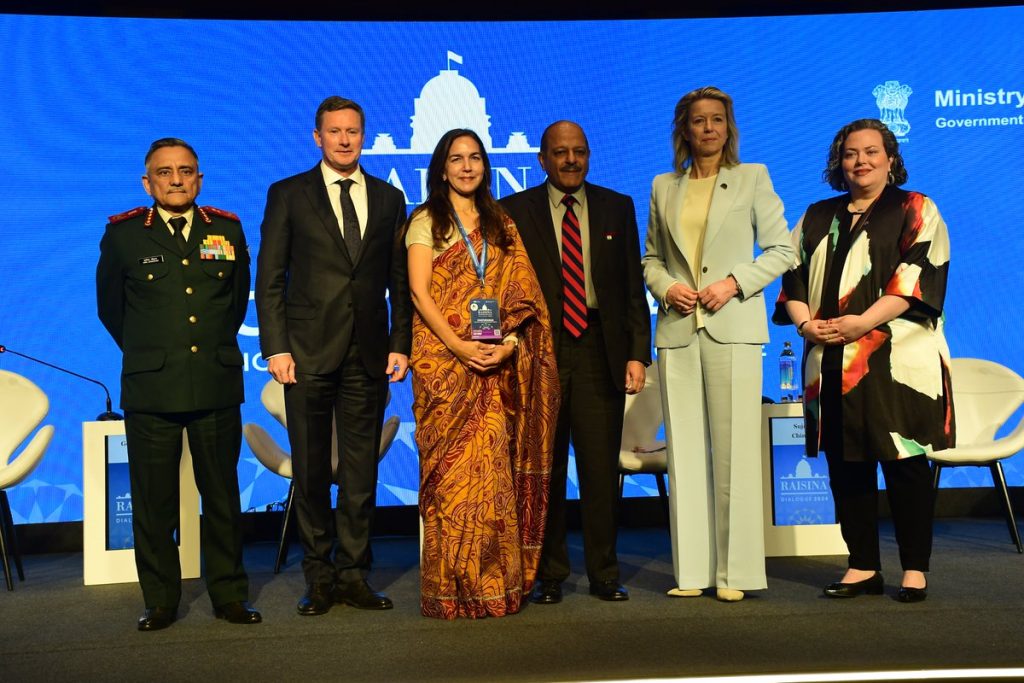
While refraining from direct references, Gen. Chauhan implicitly attributed ongoing tensions in the South China Sea and along India’s northern borders to the employment of grey zone tactics, echoing observations made by organizations such as the United States Institute of Peace and the RAND Corporation.
Highlighting the evolving nature of informal warfare, Gen. Chauhan underscored the asymmetry in options between aggressors and defenders.
He emphasized that informal wars offer adversaries a wider array of tactics and targets compared to traditional conflicts, necessitating proactive defence measures and robust deterrence strategies.
Gen. Chauhan stressed the significance of intelligence gathering and swift response mechanisms in countering non-traditional threats that transcend national boundaries. He advocated for enhanced multi-agency coordination within governments to effectively address emerging security challenges.
In conclusion, Gen. Chauhan emphasized the importance of collaborative efforts among nations to monitor and counter evolving threats in an era marked by dynamic geopolitical shifts and unconventional warfare tactics.

